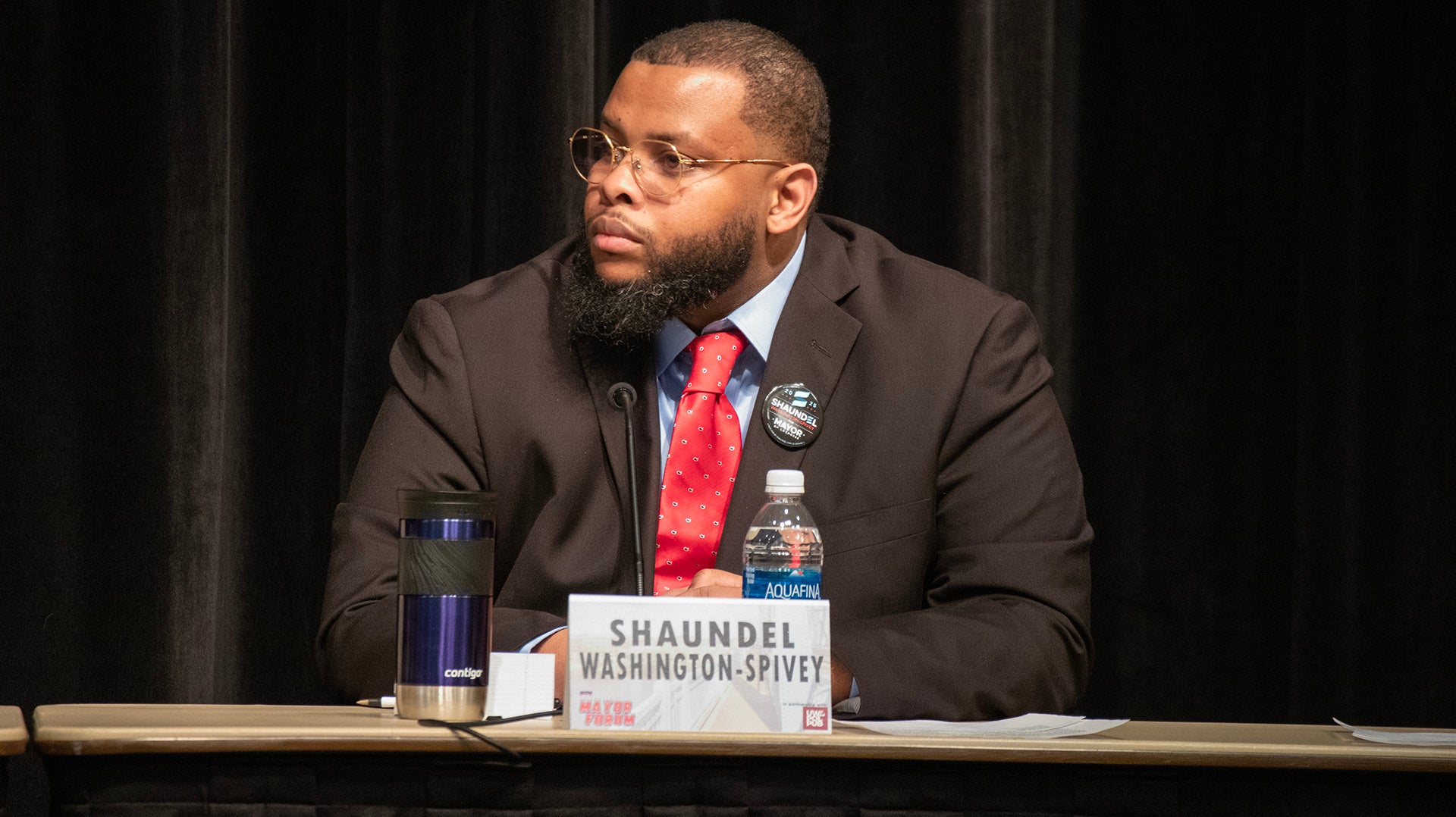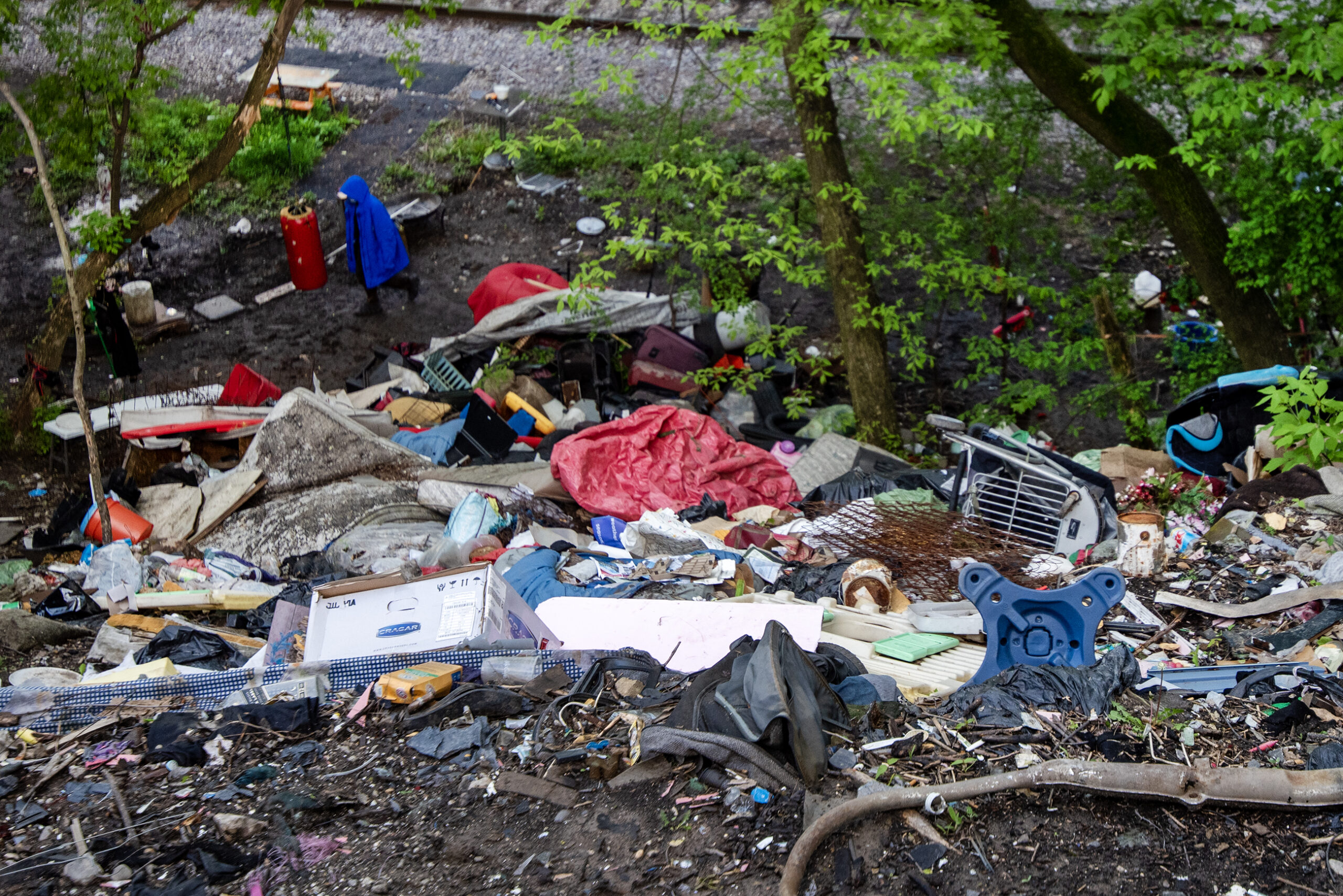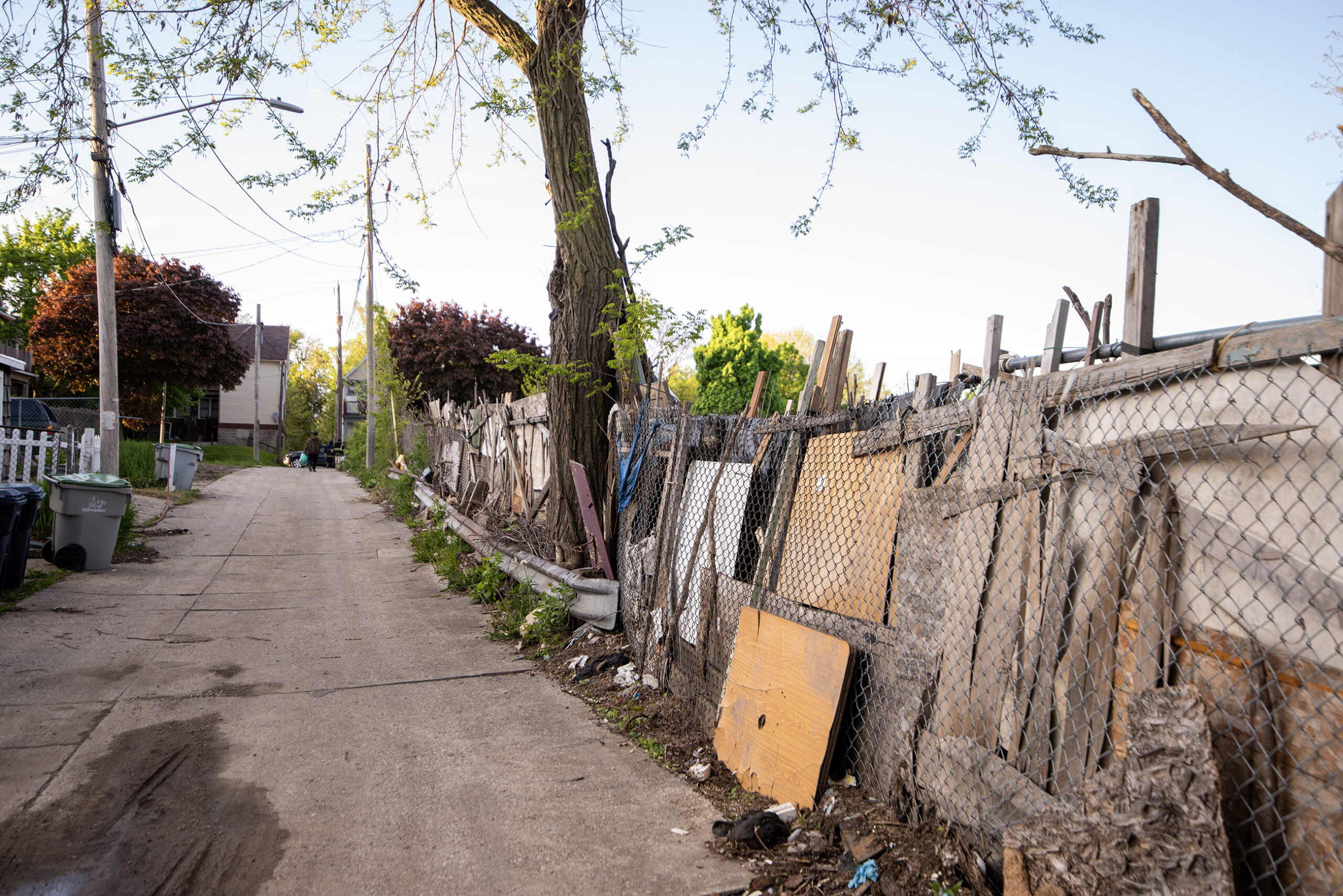Lower cost-of-living, more sense of community, and easier commutes are just some of the reasons young people are finding themselves returning to mid-size cities or rediscovering a new one. We learn more about the growing appeal of smaller cities from our guest. We also talk about what you need to know about changes to the Farm Bill.
Featured in this Show
-
Congress Takes Up Farm Bill
With the U.S. House taking on updates to the Farm Bill, we look at what changes may be coming and what they could mean for Wisconsin.
-
More Millennials Flocking To Mid-Size Cities
Instead of big cities like New York, Los Angeles and Chicago, many millennials are choosing to settle down in places like Madison, Louisville and Colorado Springs. We look at why younger people are becoming more attracted to America’s “second-tier” cities.
-
Milwaukee Airport Asks Passengers For Spare Change To Help The Homeless
Milwaukee County will soon give airport passengers the chance to empty their spare change into containers at security checkpoints to benefit the area’s homeless. We hear more about the funds and how they would be spent, from our guest.
-
Milwaukee Airport To Collect Change To Support Homeless Program
Milwaukee County has a novel idea for airport travelers: instead of emptying spare pocket change into a bin at the airport security checkpoint, consider depositing it.
Containers near checkpoints at General Mitchell International Airport in Milwaukee will accept change donations to support rental assistance and employment aid for people struggling with homelessness, said James Mathy, Milwaukee County housing administrator.
He’s hopeful the containers will be placed by July 4.
Mathy brought the idea to Milwaukee after seeing a similar program while flying through Denver International Airport.
“It was just a really innovative idea as a way to further a public-private partnership around homelessness,” he said.
Denver airport raised more than $280,000 in three years, which averages out to about $93,000 a year. Although Mathy said Milwaukee’s airport doesn’t see as much traffic as Denver, he’s excited about the prospect of securing permanent private funding to fight homelessness in Milwaukee County.
Passenger traffic reports show Denver is the sixth-busiest airport in the United States with 58.3 million passengers in 2016. Mitchell airport, by comparison, served 6.8 million passengers in 2016.
Mathy said all proceeds will support the Greater Milwaukee Foundation’s Housing First Endowment.
“One hundred percent of these funds go directly to rental assistance, case management and employment services,” he said, noting that no money is spent on administration.
The Housing First initiative, a partnership between the housing division, city of Milwaukee and the city’s Housing Authority, extends from a philosophy that housing is the solution to homelessness, Mathy said, noting that since the program was established in 2015, Milwaukee County has seen a 40-percent reduction in overall homelessness.
Furthermore, Mathy said the county is close to ending chronic homelessness, which is federally defined as being homeless for a year straight or having four episodes of homelessness within three years.
The Housing First model takes people who have been homeless and sets them up immediately in permanent housing before providing them with the services they need to thrive.
“That’s really made a big difference,” he said. “So individuals are getting their basic needs met and then are able to focus on treatment, they’re able to focus on employment and those other things.“
Mathy said once those previously deemed homeless are established in permanent housing, it’s easier for them to handle mental illness or addiction or any other problems that might afflict them.
That set-up is also helping to save medical costs tracked through Medicaid, Mathy said.
“We’re saving a considerable amount of Medicaid funds for people not going to emergency rooms anymore, not going back to our behavioral health division, so it’s one of those rare instances with public policy where the quality of the lives of the folks we’re serving is dramatically better, but the cost savings is really immense,” he said.
Additionally, he said people in the Housing First program all are voluntarily receiving case management and services, which donations from the airport will help support, especially once chronic homelessness has been fully addressed.
“What we want to do with private funds is really focus on individuals that are at risk of homeless … to really keep the homeless numbers trending in the right direction,” Mathy said.
Episode Credits
- Rob Ferrett Host
- Rachael Vasquez Producer
- Bill Martens Producer
- Dean Knetter Producer
- Samantha Mosier Guest
- Patrick Sisson Guest
- James Mathy Guest
Wisconsin Public Radio, © Copyright 2026, Board of Regents of the University of Wisconsin System and Wisconsin Educational Communications Board.





